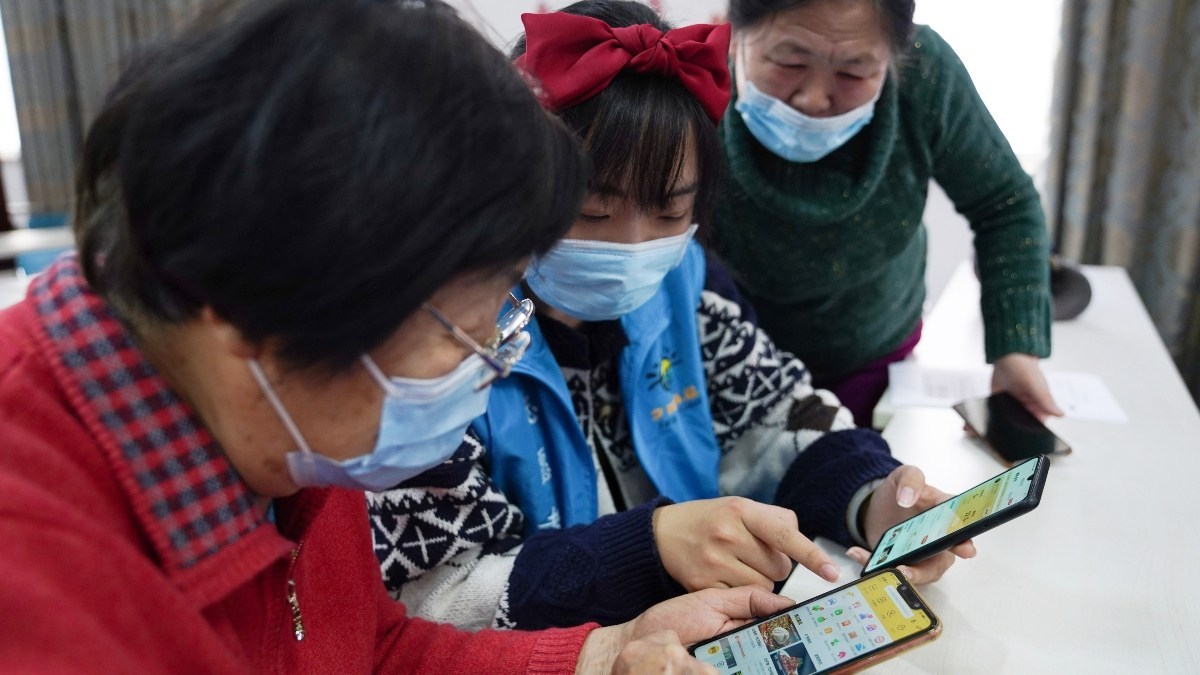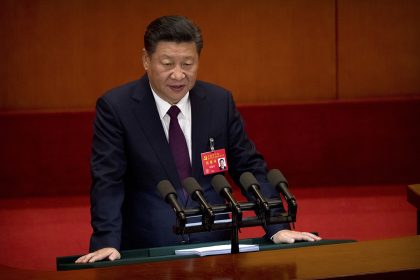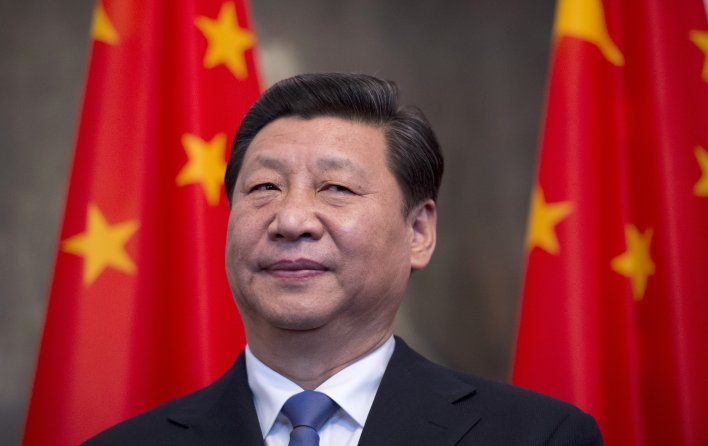[ad_1]
China’s State Council on Sunday issued antitrust guidelines on the country’s platform economy, signaling a strengthened antitrust enforcement against monopolistic behavior in the internet sector.
The guidelines, drafted under the basic system of China’s anti-monopoly law, consists of six chapters with 24 articles. It describes the characteristics of the platform economy and basic principles of the regulator’s supervision. It also gives specified guidance in areas such as monopoly agreement, abuse of dominance and concentration of undertakings in the context of the platform economy.
In November 2020, the State Administration for Market Regulation issued anti-monopoly draft rules for online platforms and opened them up for public consultation. A month later, the Central Economic Work Conference for 2021 reiterated the pledge to strengthen anti-monopoly efforts to rein in “disorderly expansion of capital.â€
At the beginning of 2020, China started to revise its antitrust law for the first time since it took effect in 2008, with major changes on regulating abuse of market dominance.
Digital currency
Several Chinese cities are using digital renminbi to boost consumption during the upcoming Spring Festival and promote the new form of currency.
Beijing will distribute 10 million yuan (US$1.55 million) of digital currency to registered residents via lottery in virtual red envelopes, worth 200 yuan each.
The municipal financial supervision authority said currency owners can spend the e-money from February 10 to 17 in selected online and physical shops, covering clothing and shoes, cinemas, hotels and other areas.
Consumption using the digital currency is especially encouraged in winter sports activities as the city prepares for more pilot use of the new form of currency during the Winter Olympics in 2022.
Local economy
With China’s gross domestic product having crossed the 100 trillion yuan threshold in 2020, more cities have made their own substantial strides in economic output.
Despite the Covid-19 pandemic, China added six new cities with GDPs of more than 1 trillion yuan last year, taking the number of such cities to 23.
Hefei, capital city of Anhui province, and Nantong in neighboring Jiangsu province were among the entrants to the 1 trillion yuan GDP bloc. Currently, there are eight cities with GDP over 1 trillion yuan in the Yangtze River Delta Region.
The trillion-yuan benchmark is often perceived as a measure of economic prowess. Shanghai was the first city in China to hit the mark in 2006.
Mobile games
Chinese mobile games have seen a remarkable expansion in the overseas market throughout 2020 as the pandemic has driven a booming stay-at-home economy, according to data compiled by mobile research firm Sensor Tower.
The top 30 profitable Chinese mobile games raked in US$9.24 billion from the App Store and Google Play last year, up 47% year-on-year from US$6.3 billion in 2019. A total of 37 Chinese mobile games, 12 more than in 2019, earned a total of more than US$100 million in overseas markets in 2020.
Company news
Beijing Intellectual Property Court on Sunday accepted a case filed by the popular Chinese short-video platform Douyin against the internet giant Tencent over alleged monopolistic behavior.
Douyin claimed that Tencent has been placing restrictions on users sharing Douyin content on its social-media apps WeChat and QQ in violation of China’s antitrust laws.
Last Tuesday, the short-video platform filed the case with the Beijing court, asking the court to order Tencent to cease its monopolistic practices. It said Tencent’s widely popular WeChat started to impose restrictions on more than 30 short-video apps, including Douyin and Kuaishou, in April 2018. While WeChat’s restrictions for Tencent-invested apps, such as Kuaishou and Weishi, were lifted later that year, its ban on Douyin’s video links has been effective until now.
Luckin Coffee said last Friday it is seeking protection under Chapter 15 of the US Bankruptcy Code to facilitate the company’s restructuring of its financial obligations. The coffee chain said the Chapter 15 petition is not expected to materially impact its day-to-day operations.
Luckin restructure
Luckin said it is negotiating with its stakeholders regarding the restructuring of the company’s financial obligations. Last June, the Xiamen-headquartered company delisted from Nasdaq after admitting to accounting fraud. In December, it agreed to pay the US Securities and Commission a US$180 million penalty to settle accounting fraud charges for “intentionally and materially†overstating its 2019 revenue and understating a net loss.
The stories were compiled by Nadeem Xu and KoKo and first published at ATimesCN.com.
[ad_2]













